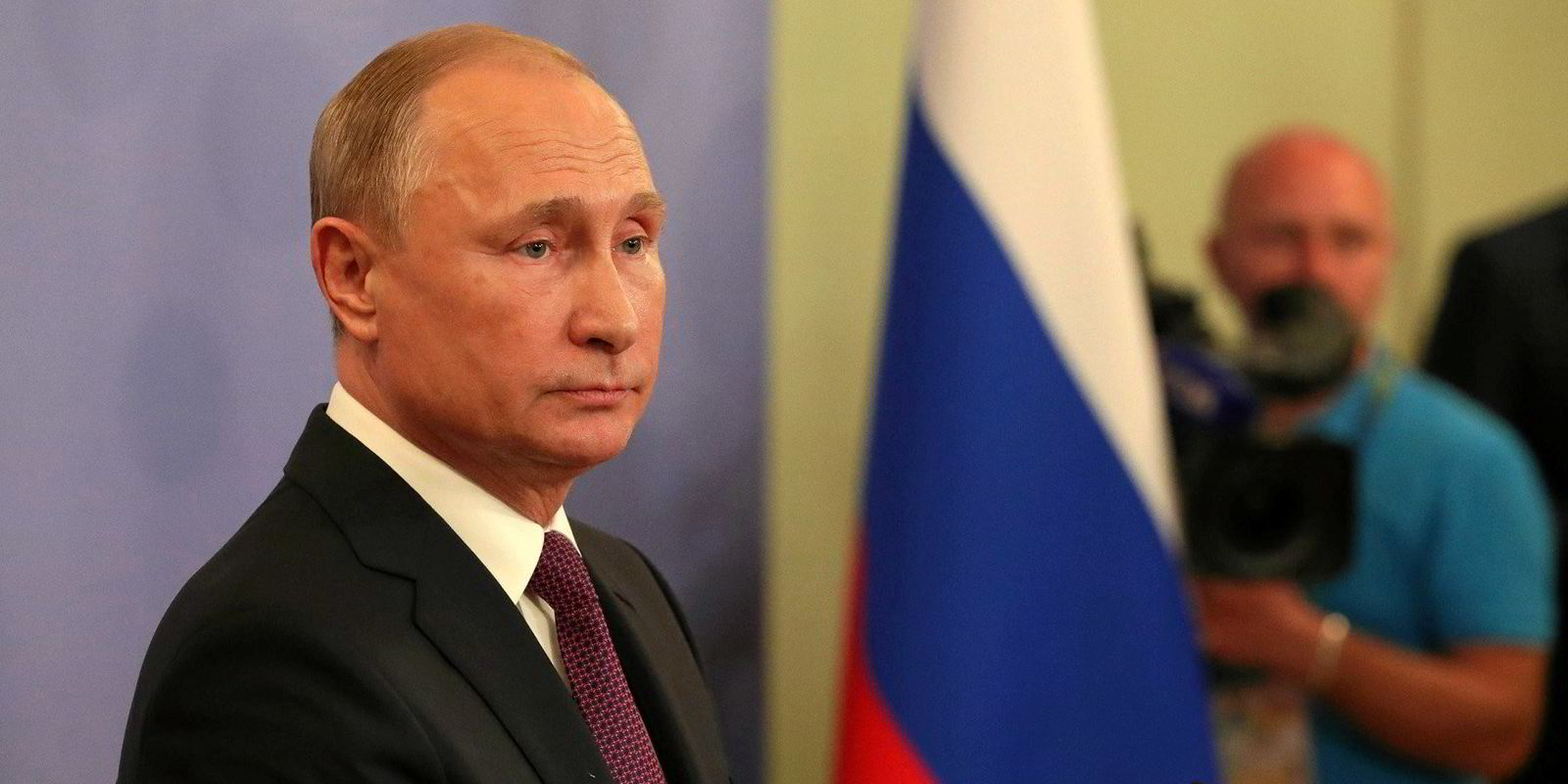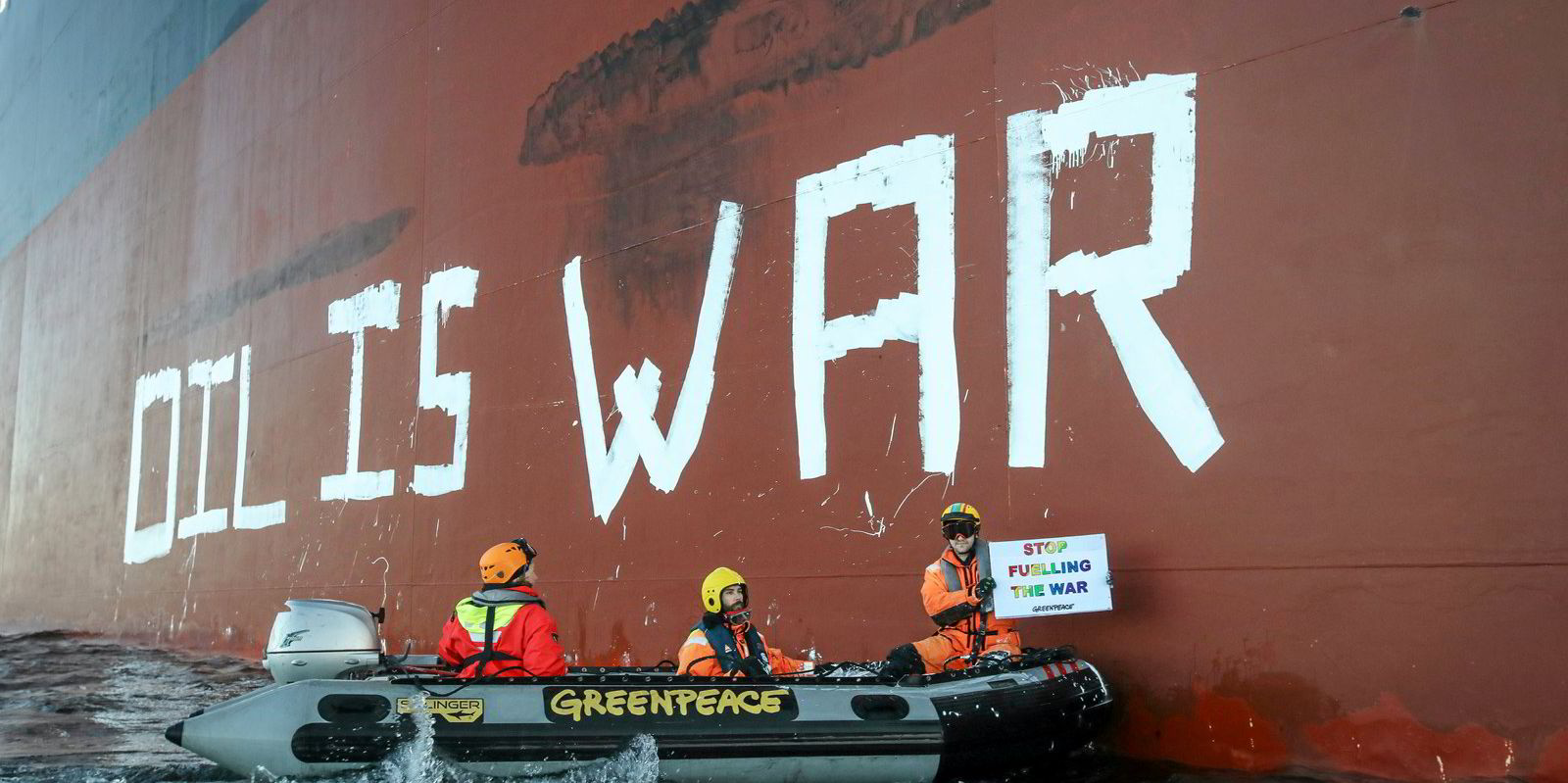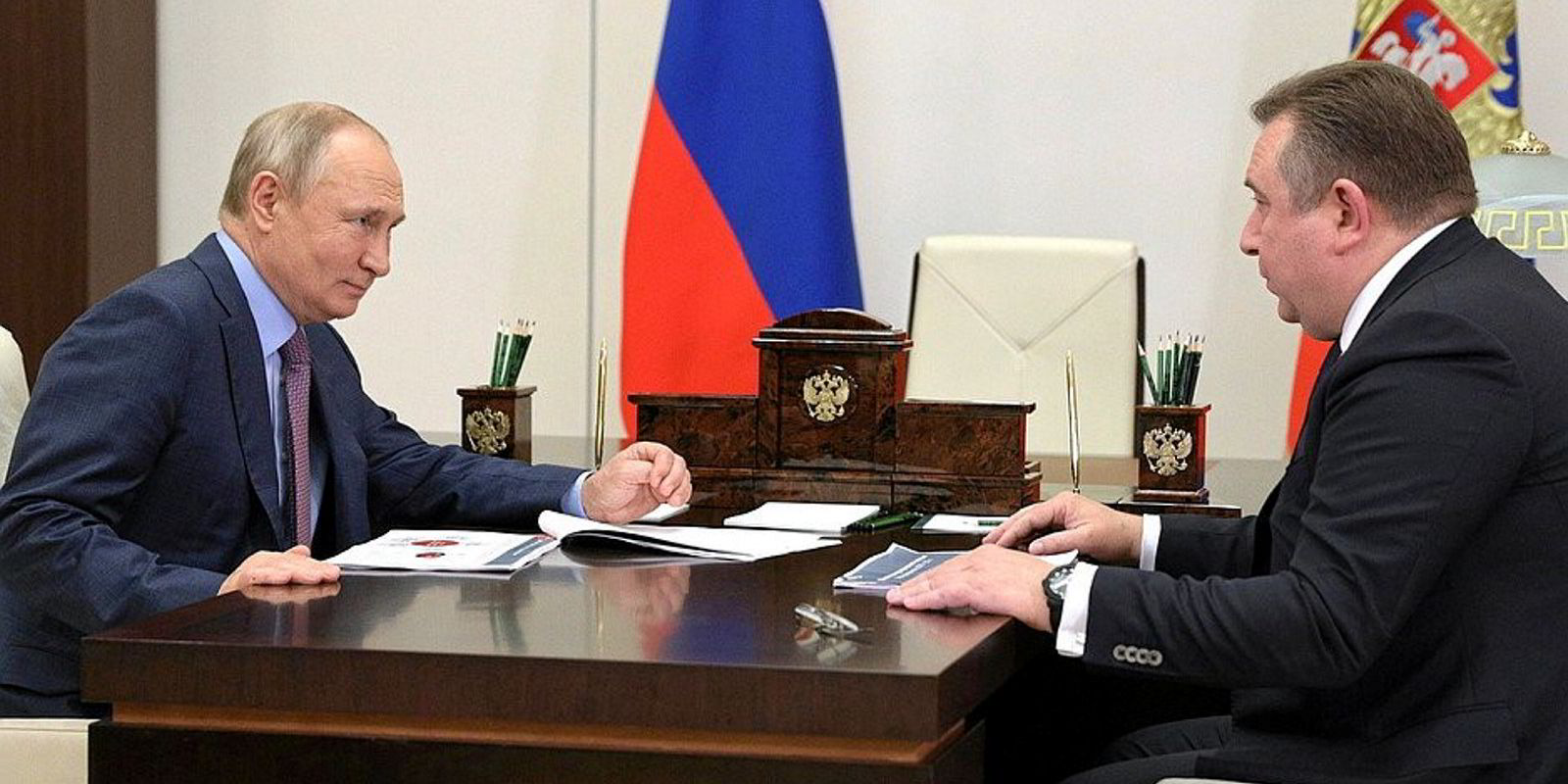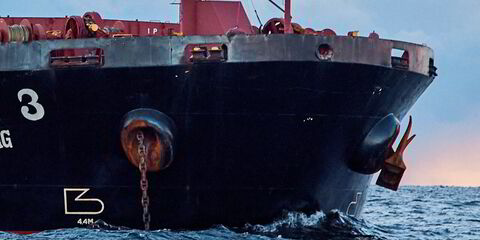There are just enough ships in the so-called “shadow fleet” for Russia to maintain its crude exports at current levels, BRS Group said.
The French shipbroker said on Monday that it counts 1,027 tankers, 503 of which are over 51,000 dwt, moving sanctioned cargoes worldwide, enough ships to keep exports up but still tight overall.
“Considering the fleet capacity, we believe that if anything will hinder Russia’s crude exports post-5 December, it will be Russia finding sufficient non-OECD buyers to replace the 1.4m barrels per day currently purchased by European refiners,” BRS Group said.
The tightness, it believes, will come from Russia's approximately 800,000 barrels per day in fuel oil exports, which will take some crude tankers out of the mix and means any delays could threaten exports.
Many of the ships that will be available, the broker said, would be older, with 111 tankers bought by private companies engaged in sanctioned trades at an average age of 18.
Those ships and others in the shadow fleet will likely increasingly use ship-to-ship transfers from aframaxes to VLCCs in the Atlantic Ocean off the Azores, West Africa and Malaysia.
BRS Group said the ship-to-ship transfers pose a risk given that they are increasingly taking place on the high seas along with the age profile of the shadow fleet.
“There is uncertainty surrounding the upkeep of vintage shadow tonnage with many of these vessels having moved to niche classification societies so far this year,” the broker said.
“Although receivers in Asia appear content to permit these tankers to call at their ports, we suggest that this lack of mainstream classification and certification could eventually be viewed as a risk.”
There has been much discussion on the shadow fleet and how Russia will maintain its oil exports after the European Union implements an oil embargo on 5 December.
Asset values have skyrocketed in recent months, with many mystery buyers purchasing older ships ostensibly to move Russian oil.
BRS Group has previously suggested Russia would increase its ship-to-ship transfers before and Poten & Partners has echoed points about safety issues adding considerable risk to the trades, as the ships are older and not well maintained.
Vortexa has said more than 50 tankers engaged in Iranian trades would very likely move over to carrying Russian oil and rated another 40-plus as likely to make the shift.





